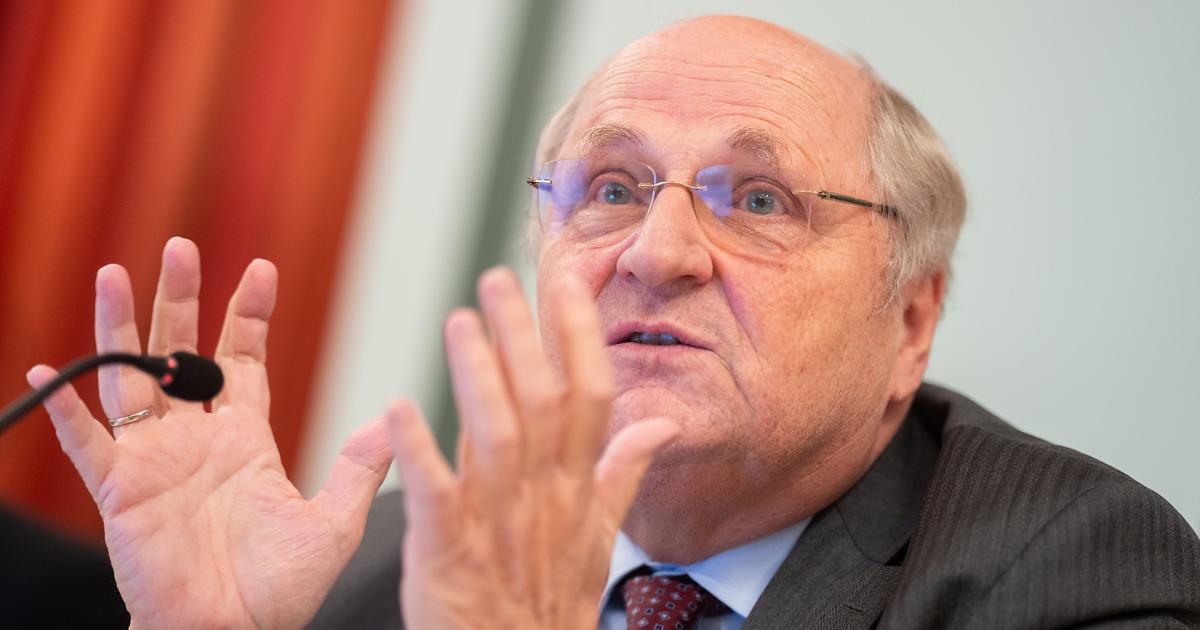KTM has filed for bankruptcy. Schaeffler hat announced that it will close its factory in Austria at the end of next year. The domestic industry has seen better times and is deep in crisis.
Economic researcher and President of the Fiscal Council Christoph Badelt answered questions from Martin Thür in the “ZIB 2” on November 27th.
Austria was particularly hard hit by the crisis
“We have one structural crisis in the Austrian industry,” Badelt finds clear words right at the beginning of the conversation. He also explains how this could come about: namely through short-term fluctuations in demand and Cost increases – especially when it comes to wages and energy. “This is a mix that is difficult to endure” for individual companies that bear both burdens fully.
As far as auto suppliers are concerned, it is primarily one German crisis. “Germany has developed into… E-Auto not carried out as quickly as the Chinese. They are now a big player in this area.”
So “homemade” is not the problem. But: Austria, according to Badelt, is comparative because of it high inflation and the strong one Dependence on – expensive – energy particularly hard hit by the current crisis.
Is there a tax increase coming?
Badelt once again emphasizes how important it is to now go into the Education of children and young people “who do not speak German well”to invest. Also in the Digitalization we have to invest because “we are lagging behind,” the former rector of the Vienna University of Economics and Business is convinced.
When Thürs asked whether one Tax increase in Austria is necessary, Badelt replies: “Pragmatically speaking, I don’t think there is such a high need for consolidation without Revenue increases can create. But it is also true that sustainable budget consolidation is always better from the expenditure side than from the income side.”
Civil servant salary increase
That the officials nun 3.5 percent salary increase “naturally leaves room for maneuver” for the next government, said Badelt. Although usually two-year KV degrees are good, this does not apply to the current civil service qualification, as this anticipates possible savings in the coming year. Ultimately, public sector salaries and pensions are the major spending areas where a lot of money could be saved – but only with “unpopular measures.”
